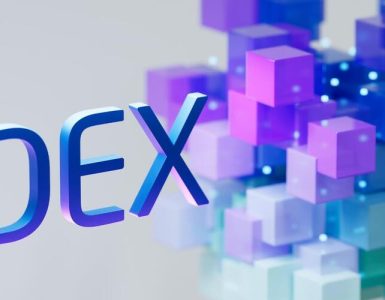Key Takeaways
The Lido development team has announced plans to expand the protocol across various Ethereum Layer 2 scaling solutions.
It will initially aim make a wrapped, non-rebasing version of stETH available across the DeFi ecosystems of both Optimistic Rollups and ZK-Rollups.
With more than 31% of all staked ETH processed through Lido, the protocol is a major force behind the securing of the Ethereum network.
Share this article
Lido has confirmed it will initially launch the offering on Optimism and Arbitrum. Securing Ethereum on Layer 2Lido is expanding to Layer 2.A Monday blog post from the staking protocol’s development team has revealed that Lido will expand to several of Ethereum’s Layer 2 solutions. With the update, a wrapped version of Lido’s ETH staking token, dubbed wstETH, will soon be available on Layer 2 DeFi.
Lido is a staking service provider for Ethereum and other blockchains. It lets users stake their ETH to obtain stETH, a token representing their stake, allowing them to put that to work in other protocols. Lido is the leading player in the so-called “liquid staking” space, and it’s soared in popularity over the past year as its product lets stakers earn yield from both staking and DeFi at the same time. stETH regularly rebases to reflect the growing amount of ETH it represents.In the blog post, the Lido team said that the project was “network-agnostic” and had plans to expand to multiple Layer 2 solutions that have “demonstrated economic activity.” The post confirmed that it would first launch on the Optimistic Rollup solutions Optimism and Arbitrum. It has also integrated the ZK-Rollup projects Aztec and zkSync via Argent. The expansion will be made possible through a wrapped, non-rebasing version of stETH called wstETH. This will initially be the only token supported, though the protocol said it plans to integrate the rebasing stETH in the future. According to the team, the goal is to enable users to participate in securing Ethereum at a low cost from their Layer 2 of choice. Lido’s place within the Ethereum ecosystem has been the subject of debate in recent months as more than 31% of the total supply of staked ETH is processed through the protocol, leading to concerns that Lido is inadvertently making Ethereum more centralized. The DAO recently rejected a proposal to limit Lido’s potential market share of staked ETH; it is, however, discussing the implementation of a novel governance structure that would further decentralize its decision-making process.Disclosure: At the time of writing this feature, the author owned ETH and several other cryptocurrencies.
Share this article
The information on or accessed through this website is obtained from independent sources we believe to be accurate and reliable, but Decentral Media, Inc. makes no representation or warranty as to the timeliness, completeness, or accuracy of any information on or accessed through this website. Decentral Media, Inc. is not an investment advisor. We do not give personalized investment advice or other financial advice. The information on this website is subject to change without notice. Some or all of the information on this website may become outdated, or it may be or become incomplete or inaccurate. We may, but are not obligated to, update any outdated, incomplete, or inaccurate information.
You should never make an investment decision on an ICO, IEO, or other investment based on the information on this website, and you should never interpret or otherwise rely on any of the information on this website as investment advice. We strongly recommend that you consult a licensed investment advisor or other qualified financial professional if you are seeking investment advice on an ICO, IEO, or other investment. We do not accept compensation in any form for analyzing or reporting on any ICO, IEO, cryptocurrency, currency, tokenized sales, securities, or commodities.
See full terms and conditions.




